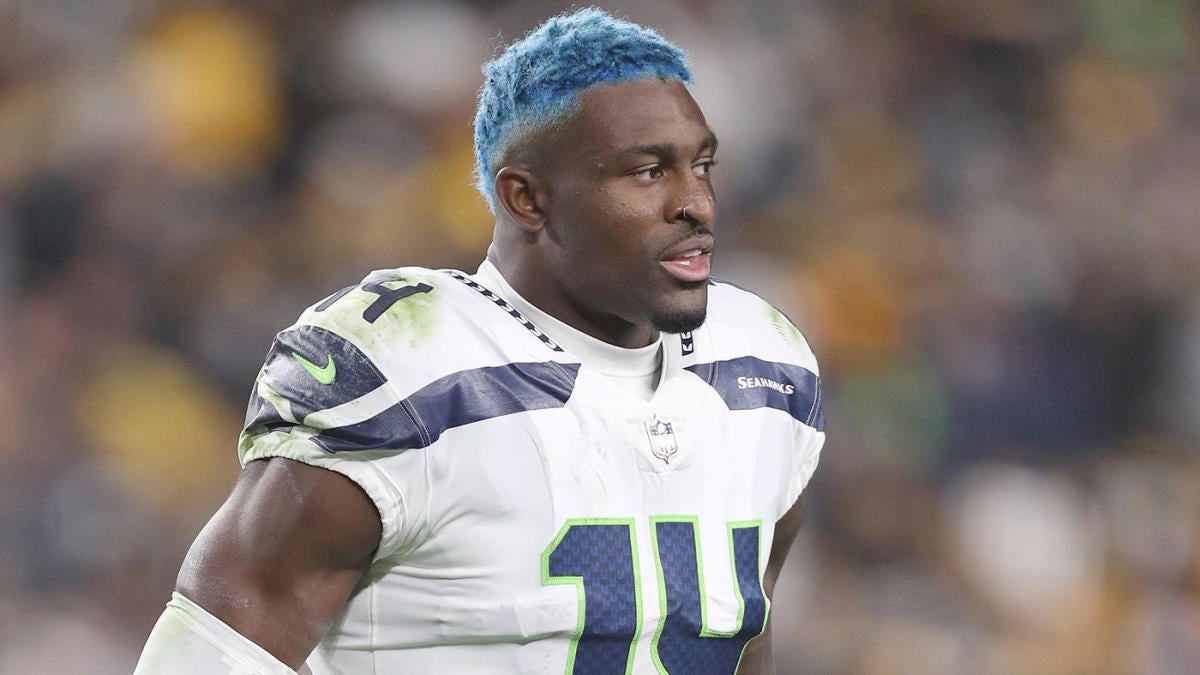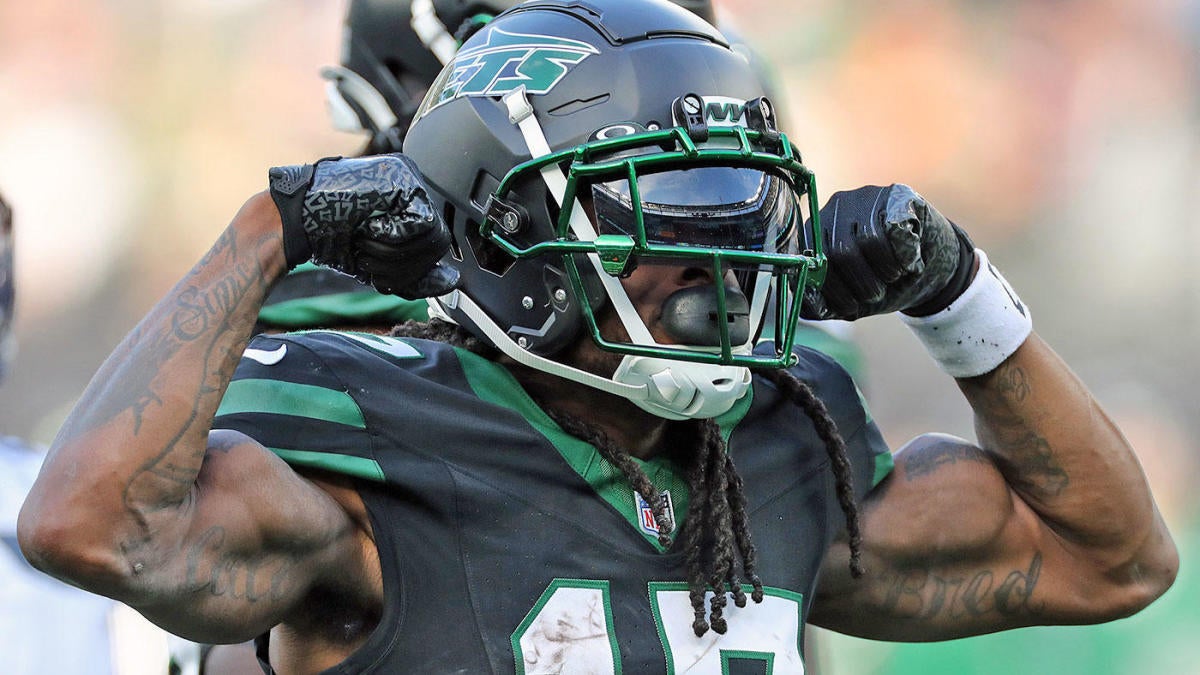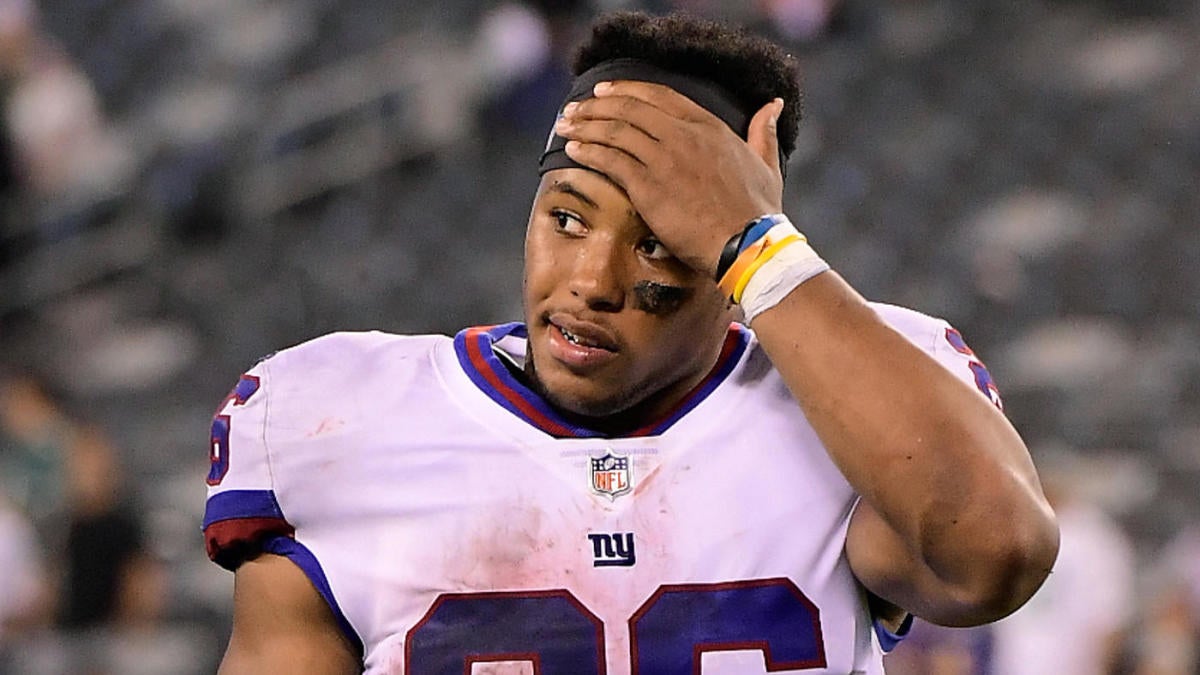
Earlier this offseason, Saquon Barkley and Josh Jacobs were both hit with the franchise tag by their respective clubs, the Giants and Raiders. Neither running back signed the tender and they were looking to secure a long-term extension with their teams. Barkley went on to sign a one-year contract that can be worth up to $11 million just before training camp. While Barkley will be a Giant for at least one more season, Jacobs is still holding out and has an uncertain future with the Raiders. Both Barkley and Jacobs and disgruntled Colts running back Jonathan Taylor are now heading down a path where their futures with their current organizations are uncertain.
But what exactly are we talking about? Why at this juncture have backs united and begun speaking out about the state of their position as it relates to their pay structure? We’ll look to break all that down with our explainer below (here’s a look at what comes next).
How running backs got to this position
While running backs were once the backbone of a given franchise, as the league continues to move toward a more pass-happy offensive approach, the position has become increasingly disposable. In turn, clubs have put less of a value on paying running backs beyond their rookie contracts. With more talent coming into the league than ever before, teams have frequently followed the approach of continually drafting a running back, letting him play out his rookie contract and possibly placing the franchise tag on him for a year if he’s proven to be a high-level player, and then letting him go after that. And then repeat the process.
This, of course, is a raw deal for backs because the second contract in the NFL is typically where players cash in. That’s where they can fetch a multi-million deal and set themselves up financially for years to come, especially if they were selected outside of the first round. Speaking of that, teams have even slowed down on using premium draft picks on running backs, which also limits their earning potential.
From 2000 to 2010 (an 11-year stretch), there were 35 running backs selected in the first round of the NFL Draft. That number was sliced essentially in half from 2011 to 2023 (a 13-year stretch) as 18 backs were picked in the first round, which goes to show how teams are valuing this position even from the start.
Pick Six Newsletter
Crafted By The Best NFL Experts
Get the day’s big stories + fun stuff you love like mock drafts, picks and power rankings.
Now, this doesn’t come out of left field. Teams have been burned by handing out massive contracts to superstar running backs in the past. Todd Gurley’s $60 million deal with the Rams, Ezekiel Elliott’s $90 million extension with the Cowboys, and Le’Veon Bell’s $52.5 million deal with the Jets are just some of the more recent examples of teams having these deals blow up in their face and hamstring them for the next few seasons. Because of how running backs typically break down due to the abuse they take every week, teams have since veered away from shelling out those deals.
The numbers
On average, running backs currently make $1.808 million a season. The only positions that running backs make more than are long snappers ($1.069 million), punters ($1.52 million), and fullbacks ($1.724 million). The average kicker even out earns a running back as they make $2.196 million a season in the NFL.
Unlike every other position in the NFL, the franchise tag for running backs has actually experienced a decrease since 2015.
| Position | Franchise tag in 2015 | Franchise tag in 2023 |
|---|---|---|
Quarterback | $18.54 million | $32.41 million |
Linebacker | $13.19 million | $20.92 million |
Wide receiver | $12.82 million | $19.74 million |
Defensive end | $14.81 million | $19.72 million |
Defensive tackle | $11.19 million | $18.93 million |
Offensive linemen | $12.94 million | $18.24 million |
Cornerback | $13.07 million | $18.14 million |
Safety | $9.61 million | $14.46 million |
Tight end | $8.34 million | $11.34 million |
Running back | $10.95 million | $10.09 million |
Kicker or punter | $4.12 million | $5.39 million |
With teams putting less of an emphasis on paying running backs, they’ve since allocated that money to other areas on the roster. Currently, 56 players make $20 million-plus per season: 17 of those are quarterbacks, 13 are wide receivers, nine are interior defensive linemen, seven are edge rushers, five are offensive tackles, two are corners, two are guards and one is an inside linebacker. Zero running backs cross that threshold.
49ers running back Christian McCaffrey is currently the NFL’s highest-paid running back with an average annual value of $16.01 million per season. While that may top his position group, that AAV puts him as the 104th highest-paid player in the league. Browns running back Nick Chubb was the last running back to sign a long-term contract worth $10 million or more per season. That came back on July 31, 2021.
So, while every other position seems to be swimming in new money, running backs are seeing their earnings squeezed even smaller.
Why RBs are standing up now
The players who are currently in the thick of these contract disputes do present some of the very best in the NFL and if they played any other position would likely fetch monster extensions. Josh Jacobs just enjoyed a 2022 season with the Raiders where he led the NFL in rushing and total yards. His 1,653 rushing yards were also the second most in a season in franchise history. He did that while making just $2.122 million in base salary, per Spotrac.
Meanwhile, Barkley has been the central figure of New York’s offense whenever the star back has been healthy, including last season. He played in 16 games in the regular season and totaled 1,650 yards from scrimmage while helping the Giants to the playoffs. Barkley made $7.217 on his fifth-year option.
If these types of players are incapable of having teams wanting to secure them for the foreseeable future, that’s a dire sign for the position as a whole, which is why we are likely seeing many top-tier backs speak out.
Go to Source
Author: Tyler Sullivan
August 24, 2023 | 8:40 pm
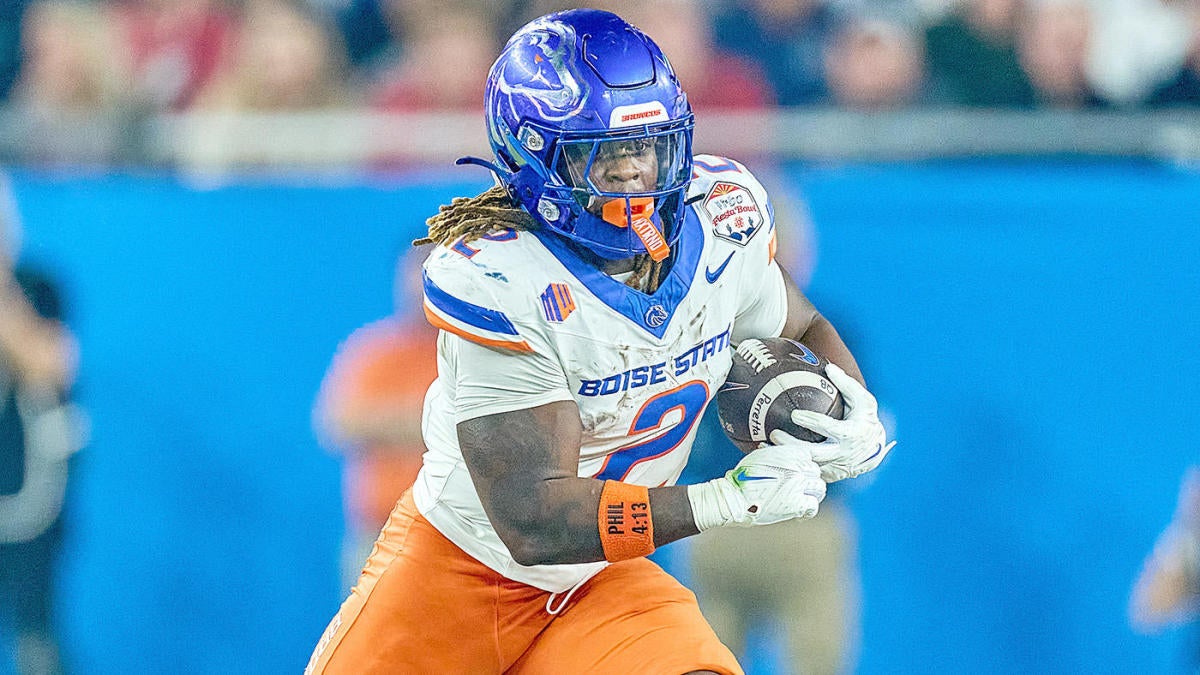
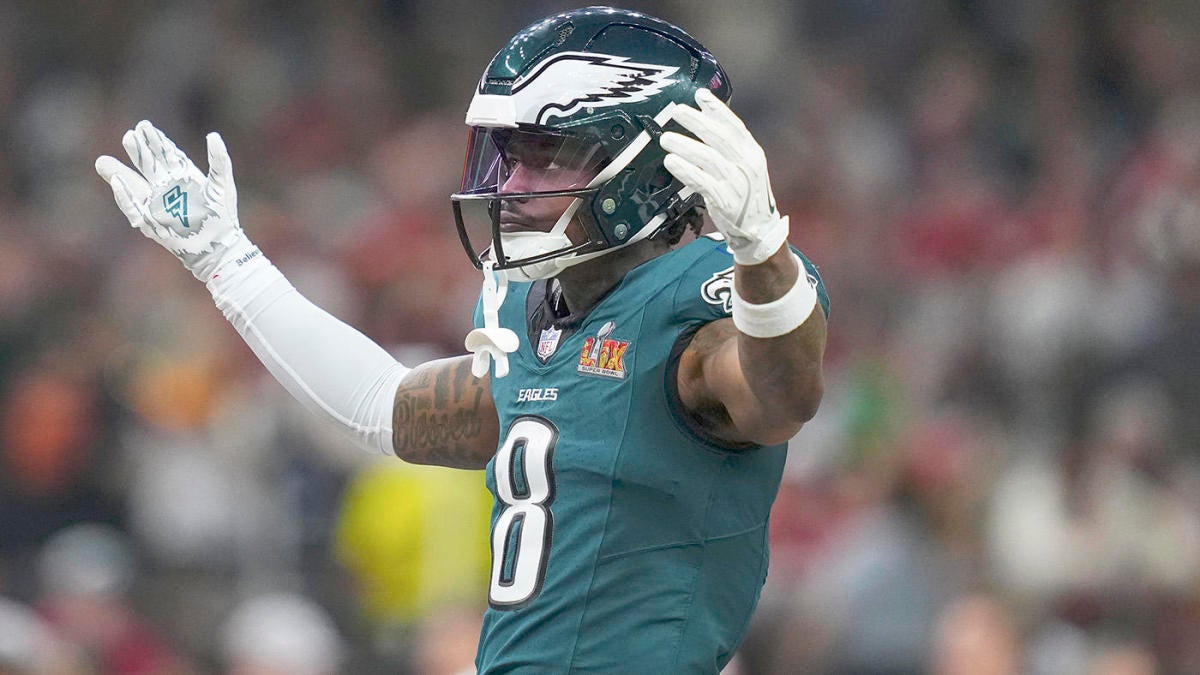
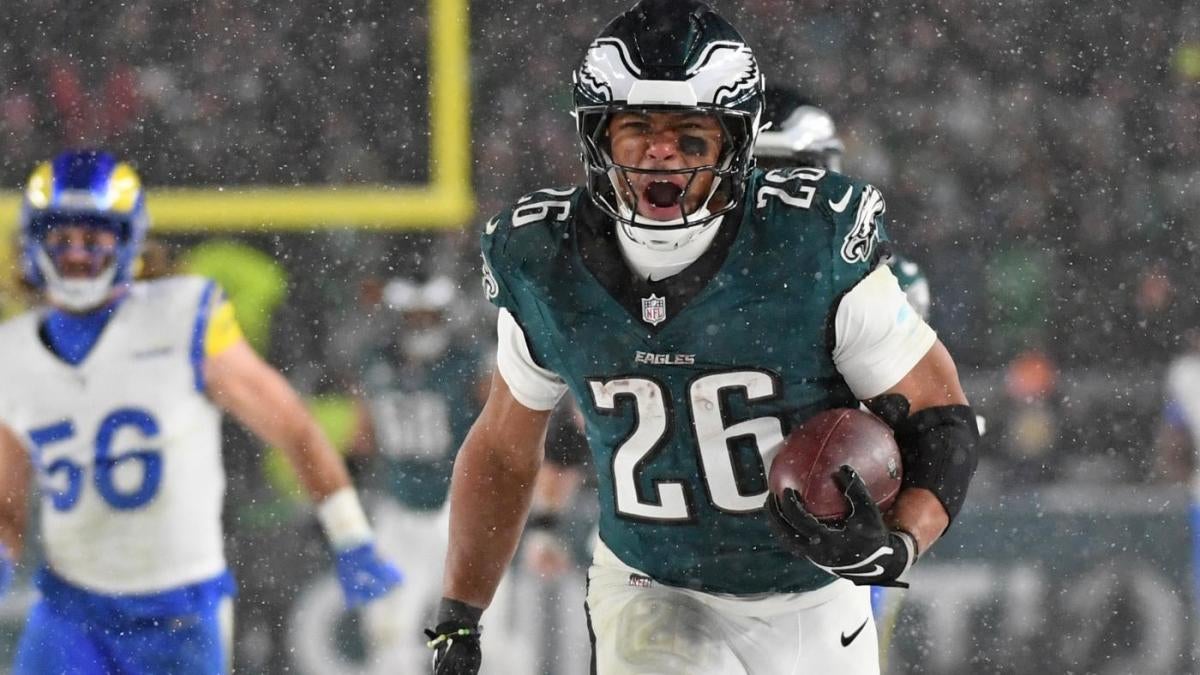
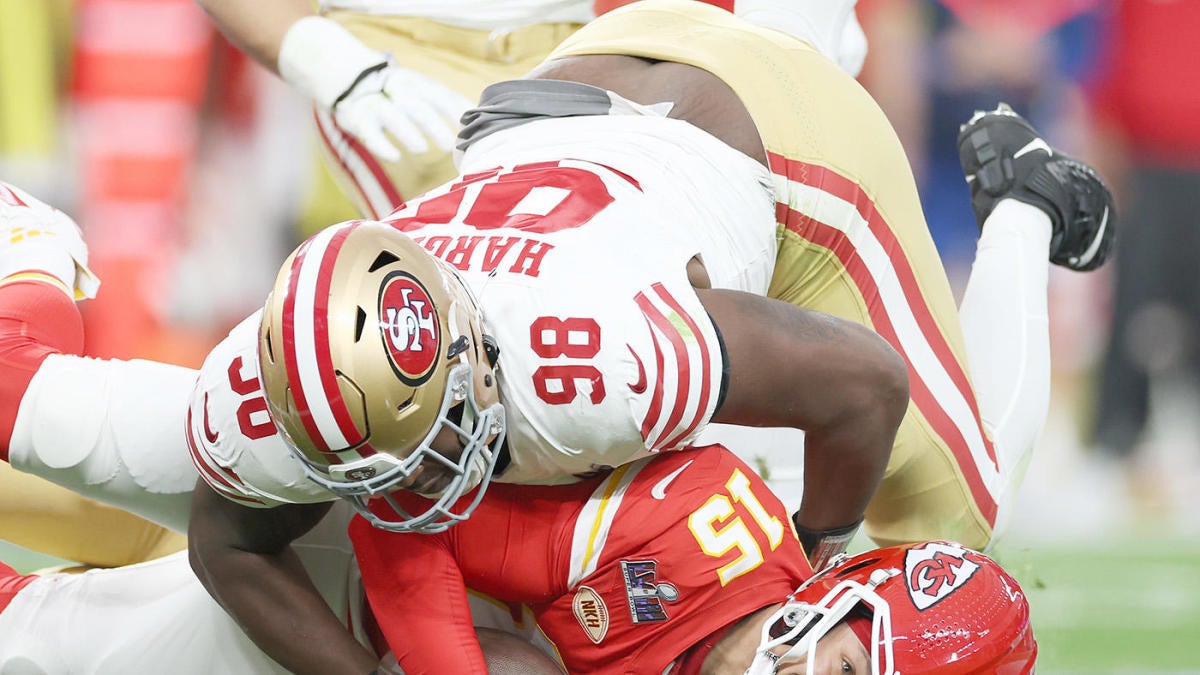
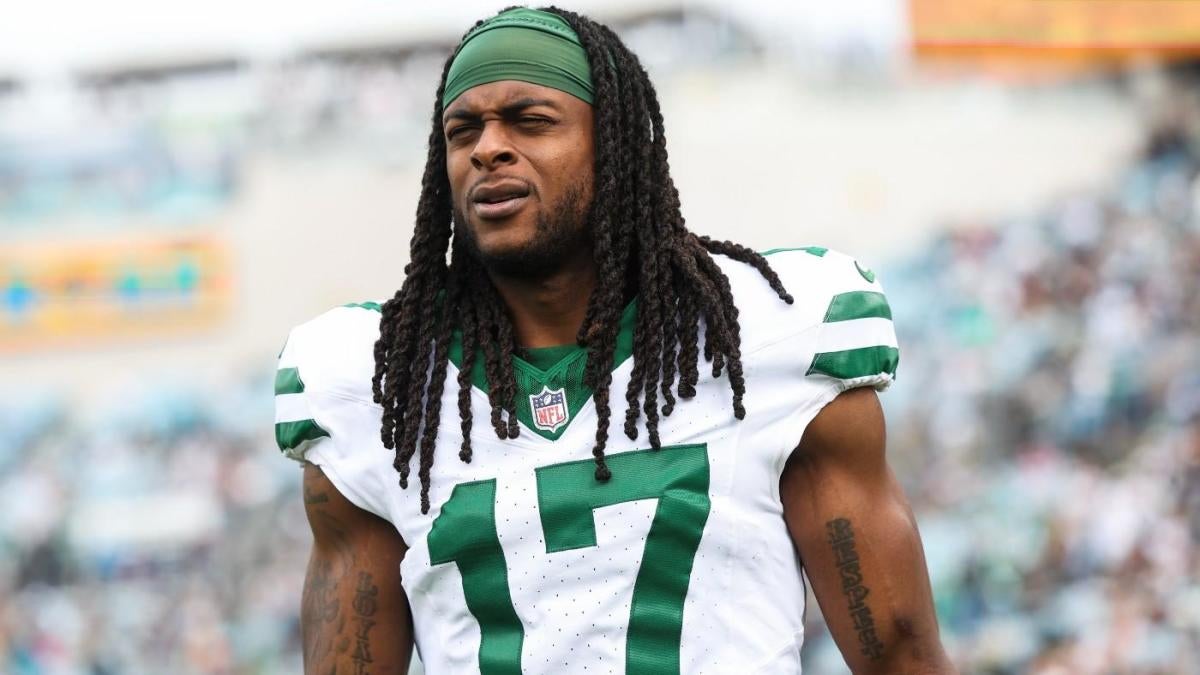

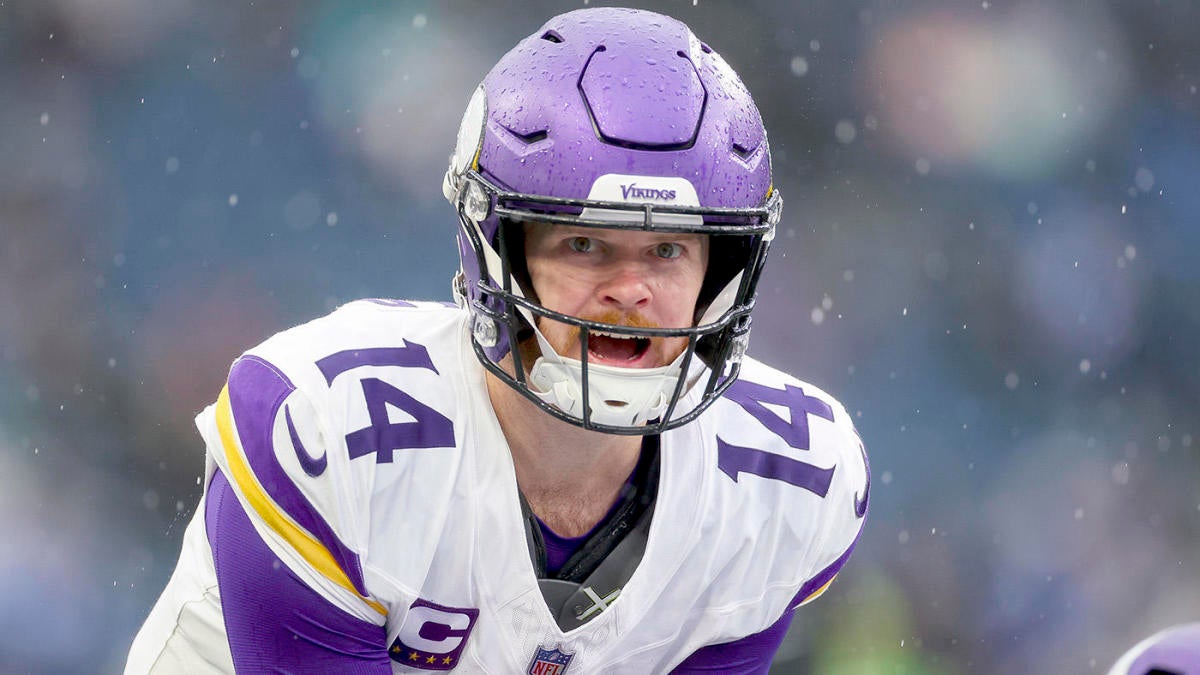
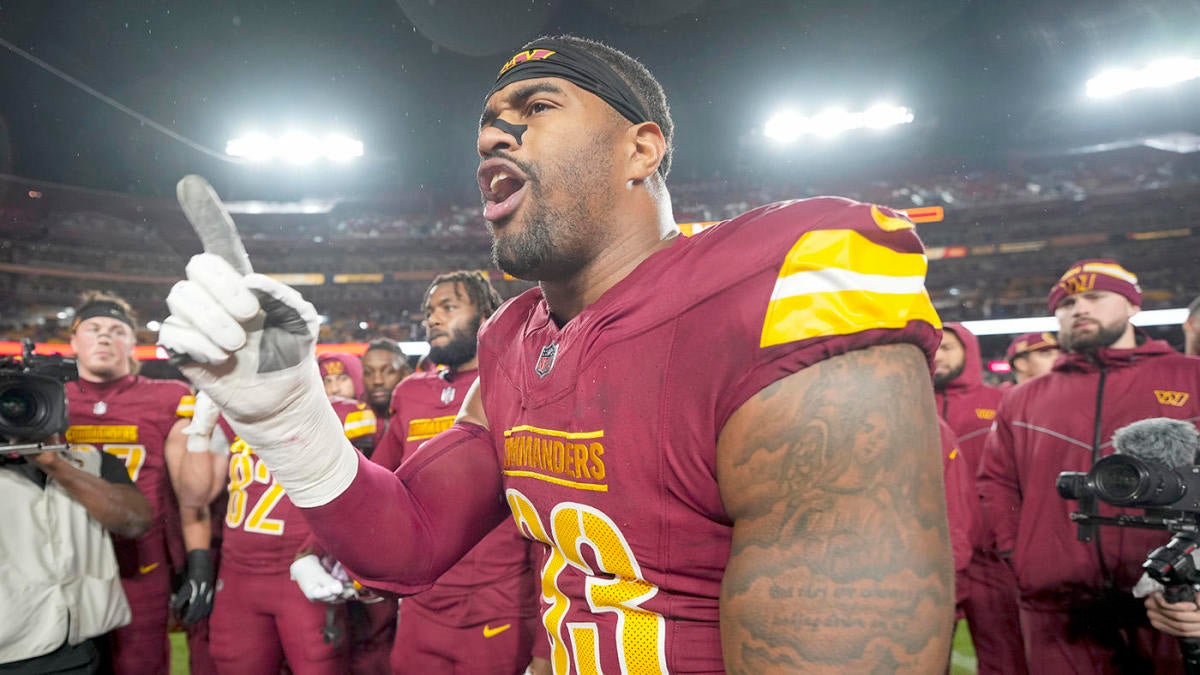
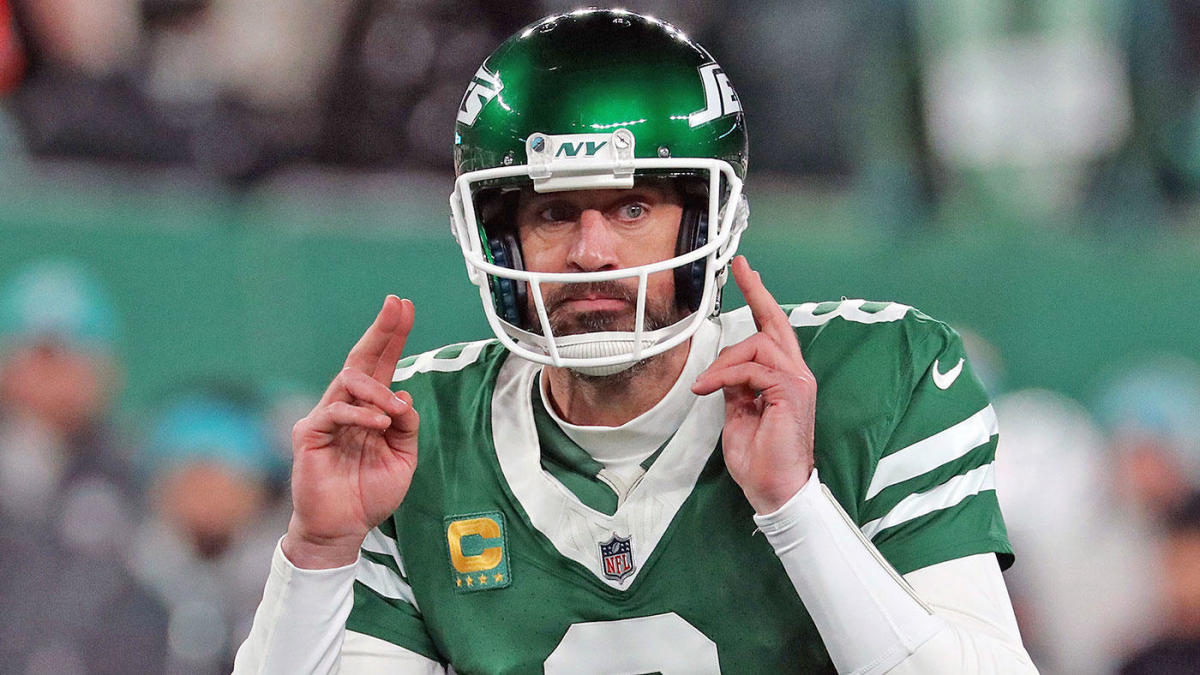



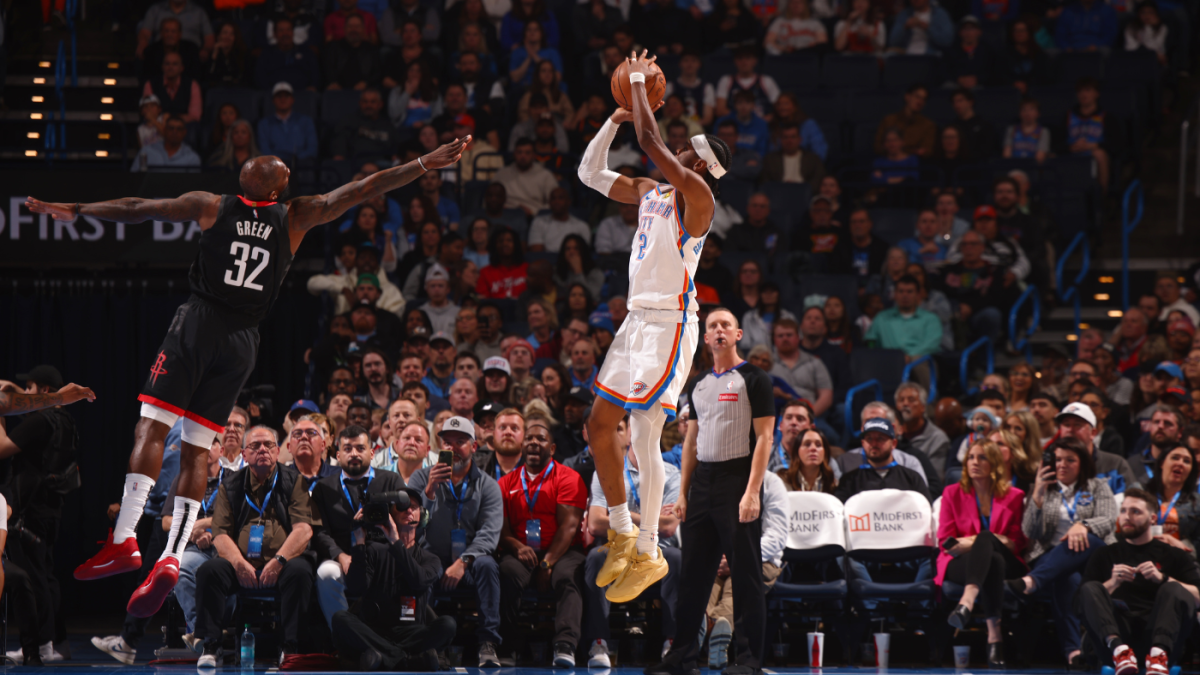



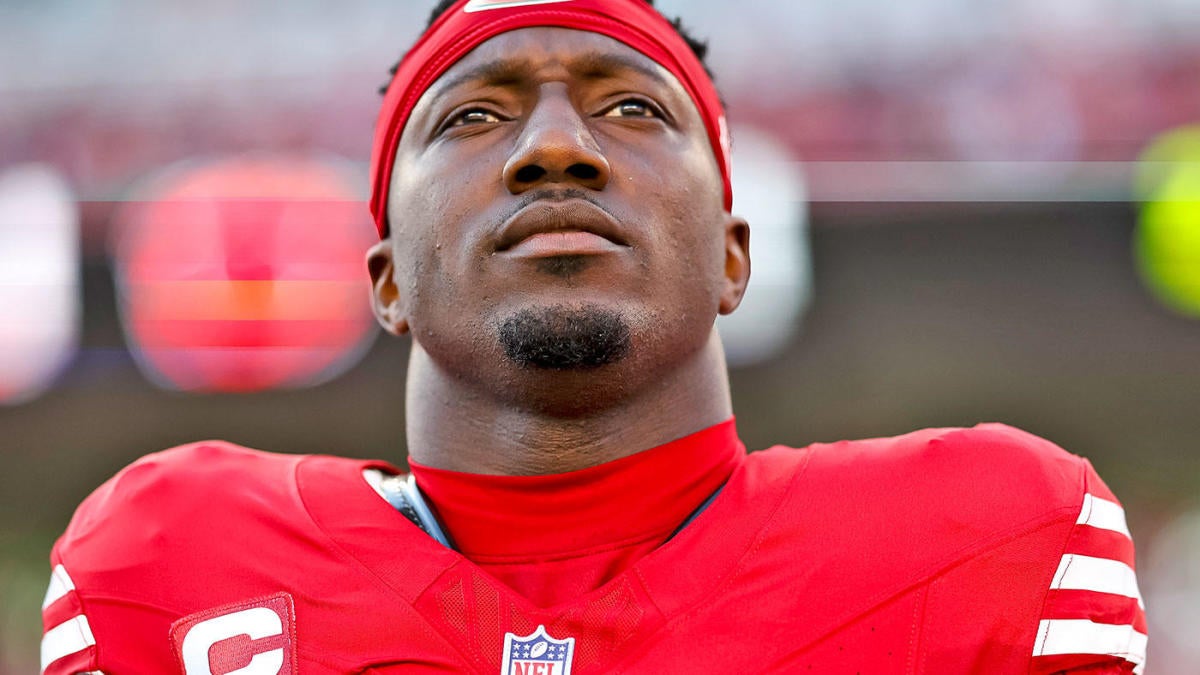
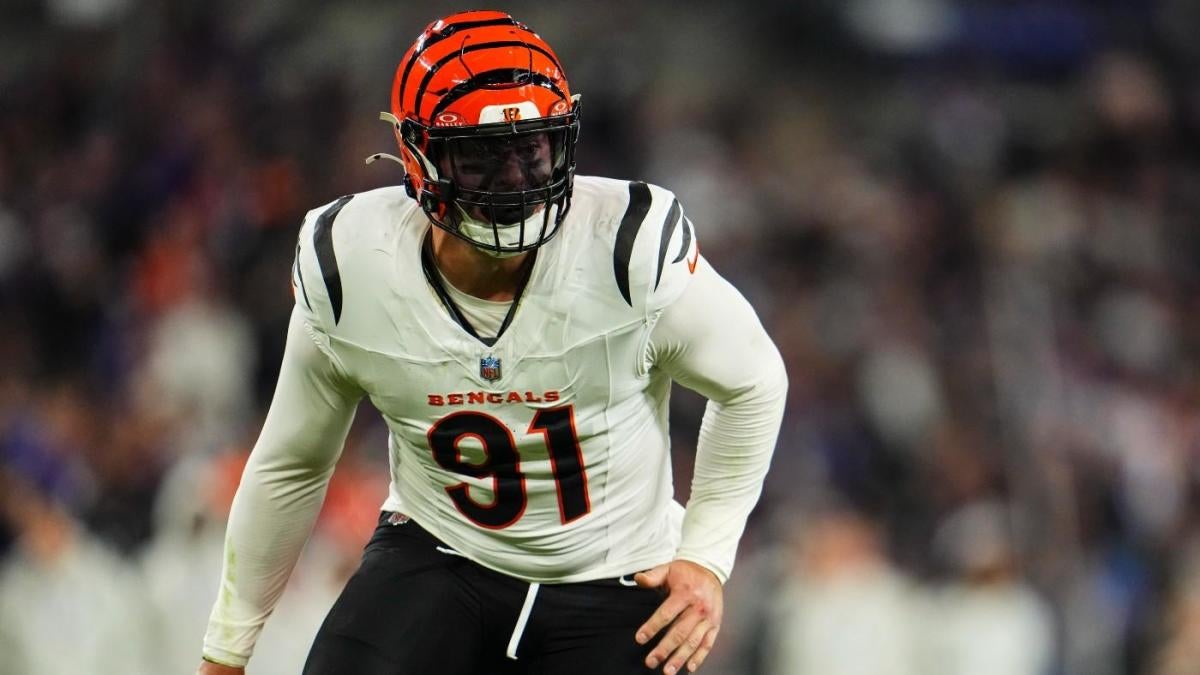

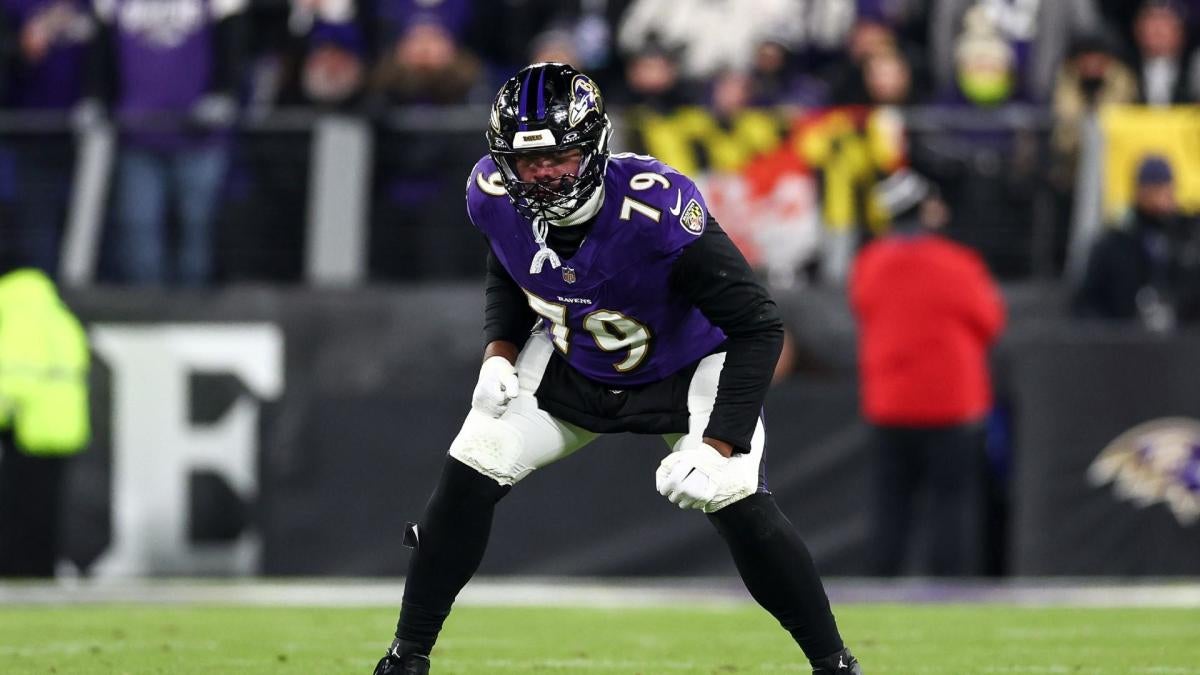


![Rick Pitino on success at St. John's, playing at packed MSG & coaching journey! [FULL] | SC with SVP](https://i1.ytimg.com/vi/LCrP2FsK6mc/hqdefault.jpg)







